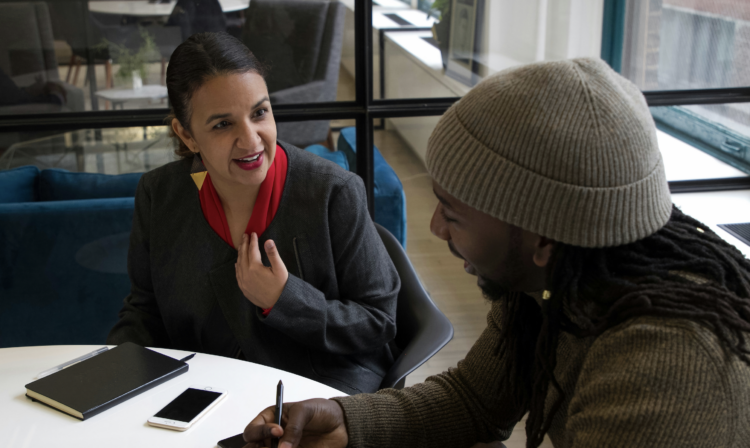Whether at the district, state, or federal level, successful efforts to produce and use research in policy decisions are often the result of cross-departmental collaboration. Given recent reforms, including the 2019 Foundations for Evidence-Based Policymaking Act, which calls on federal agencies to create and implement plans for developing evidence to guide their work, models of how best to forge such efforts are receiving renewed attention.
The Massachusetts Department of Secondary and Elementary Education provides one such model: The agency has honed its system of collaboration and cooperation between research team members, program staff members, and external researchers for over a decade, and Department staff have contributed to resources for the field, including the report The SEA of the Future: Building Agency Capacity for Evidence-Based Policymaking.
Seeking to learn more about what effective inter-agency collaboration looks like in practice, our colleagues at the American Youth Policy Forum, the National Network of Education Research-Practice Partnerships, and Results for America recently assembled a contingent of state education agency staff, researchers, and intermediaries to embed with the Massachusetts team for a day-long “learning journey.” The lessons gleaned from that day, including best practices, recommendations, and process details drawn from real-life experiences, are now chronicled in a post by Rebecca Lavinson, former Policy Associate at AYPF. Writing, “The research office plays a critical role in coordinating between the program offices and external researchers throughout all stages of the research process, acting as an intermediary and improving … research capacity and effectiveness,” Lavinson depicts a dynamic partnership that can inform similar efforts at all levels of government.
Read the post:
—
Also see:
William T. Grant Foundation Research-Practice Partnerships Website





